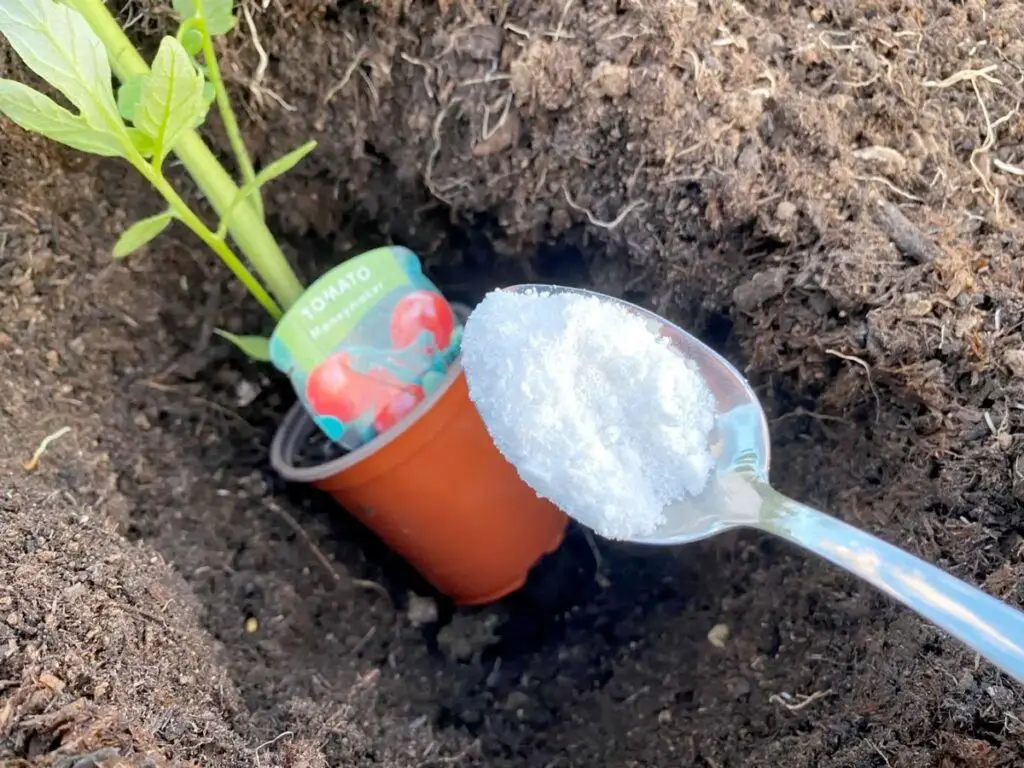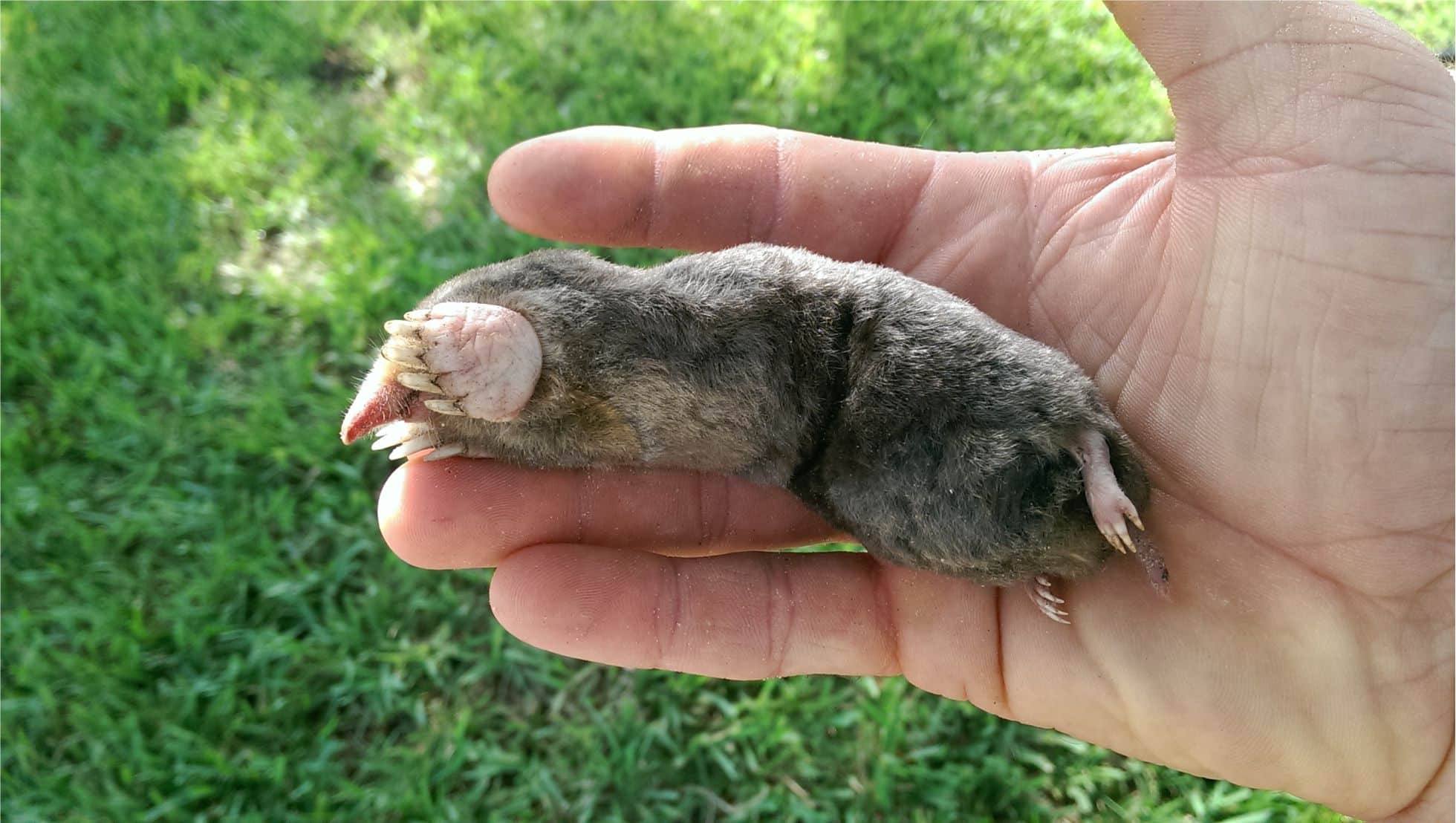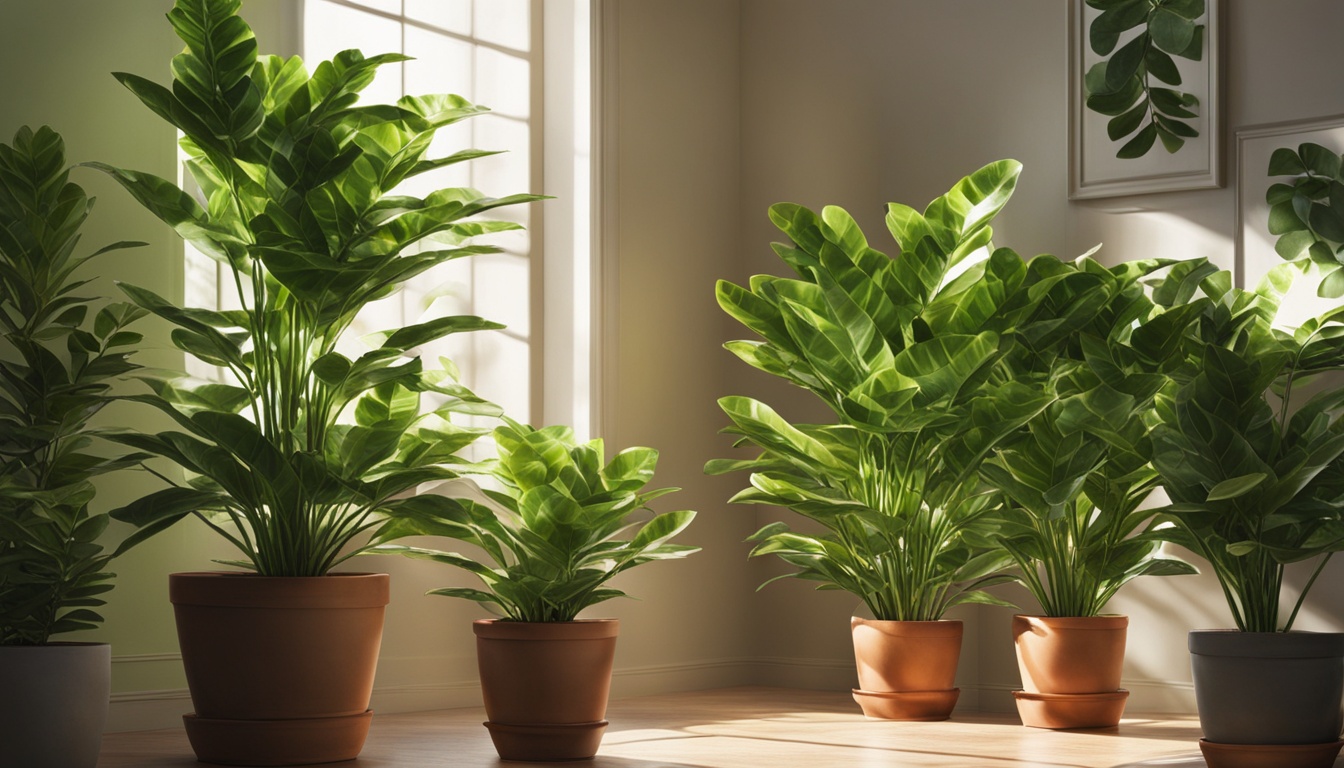Gardening enthusiasts know that simple, natural solutions can make a world of difference. Enter baking soda—a humble pantry staple that’s much more versatile than it might seem.
This everyday white powder is a gardener’s secret weapon, offering a range of benefits that can keep your plants thriving and your garden in top shape.

1. Fungus Fighter
Baking soda’s ability to combat fungal diseases is one of its standout features. Powdery mildew and other fungal ailments can wreak havoc on your plants, but a baking soda solution can help.
Mix one tablespoon of baking soda with a gallon of water and spray it on the affected plants. The solution works by creating an alkaline environment that inhibits fungal growth.
For best results, apply this treatment in the early morning or late afternoon to avoid sunburn on your plants.
2. Pest Repellent
Dealing with garden pests can be a real chore, but baking soda offers a natural, chemical-free solution. Common garden pests like aphids, ants, and slugs can be deterred with a homemade spray.
Combine a teaspoon of baking soda with a few drops of dish soap and a quart of water. This mixture not only repels pests but also helps the solution stick to plant surfaces. For best results, apply this spray every few days or after a rain.
3. Tomato Sweetener
Who doesn’t love a juicy, sweet tomato? Baking soda can enhance the flavor of your tomatoes by reducing soil acidity. Sprinkle a small amount (about a teaspoon) around the base of your tomato plants.
The baking soda reacts with the soil to neutralize excess acidity, which in turn helps the tomatoes develop a sweeter taste. Be cautious not to overapply, as too much baking soda can alter soil pH too drastically.
4. Weed Warrior
Stubborn weeds can be a gardener’s nemesis, but baking soda provides a safe and effective solution. Sprinkle baking soda directly onto the weeds or in the cracks of pathways where weeds tend to grow.
Baking soda disrupts the growth of weeds by increasing the soil’s salinity, which they find inhospitable. This method is especially useful for weeds growing in cracks of driveways and sidewalks.
However, be mindful not to use it on plants you want to keep, as it can affect the soil around them.
5. Soil Balancer
Maintaining the right pH balance in your soil is crucial for healthy plant growth. If your soil is too acidic, baking soda can help. Add a small amount—around a tablespoon per gallon of water—to the soil and mix it in.
This helps neutralize excess acidity and creates a more balanced environment for your plants.
It’s a good idea to test your soil’s pH before making any adjustments to ensure you’re applying the right amount.
6. Disease Prevention
Prevention is key when it comes to plant diseases, and baking soda can be an invaluable part of your disease-fighting arsenal.
Regularly spraying a baking soda solution on susceptible plants can prevent common diseases like black spot on roses and blight on tomatoes.
To make the solution, mix one tablespoon of baking soda with a gallon of water, and add a few drops of dish soap to help it adhere to plant surfaces. Apply it every couple of weeks or after heavy rains.
7. Compost Booster
Composting is essential for recycling garden waste and enriching soil, and baking soda can give your compost pile a boost.
Sprinkle a small amount of baking soda on your compost pile to accelerate the decomposition process and reduce unpleasant odors.
The baking soda helps balance the pH of the compost, creating a more optimal environment for microbes that break down organic matter. This can result in faster composting and a more pleasant-smelling pile.
8. Tool Cleaner
Gardening tools can quickly become dirty and rusty. Baking soda is a natural, effective cleaner for your tools. Create a paste by mixing baking soda with a small amount of water, and apply it to your tools.
Use a brush or sponge to scrub away dirt, grime, and rust. Rinse thoroughly with water, and your tools will be sparkling clean and ready for their next use.
9. Deodorizer
Gardens are full of scents, some pleasant and others not so much. Baking soda acts as a natural deodorizer, neutralizing unpleasant smells.
Sprinkle it in compost bins, pet areas, or any other spot where odors might be an issue. The baking soda absorbs and neutralizes odors rather than just masking them, leaving your garden smelling fresh and clean.
10. Seed Germination Helper
Getting seeds to sprout can sometimes be a challenge, but baking soda can improve your germination rates. Soak your seeds in a solution of baking soda and water overnight before planting.
This helps to soften the seed coat, making it easier for the seed to break through and begin germination. This simple step can enhance the success rate of your seeds, especially for those with particularly tough outer shells.
Incorporating baking soda into your gardening routine can provide a range of benefits, from healthier plants to a more efficient garden. With its versatility and effectiveness, this everyday kitchen staple proves to be a true gardener’s ally. So next time you’re in the kitchen, don’t forget to reach for that box of baking soda—it might just be the secret ingredient your garden needs to flourish!



